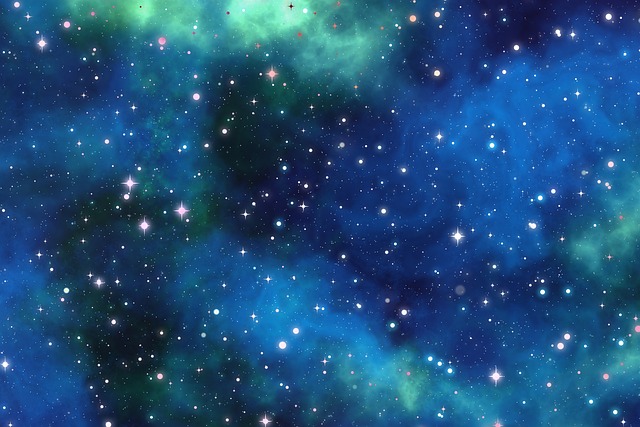In the vast landscape where science intersects with modern philosophy, the concept of eternity stands as a beacon of inquiry and introspection. Existentialism, a philosophical movement that delves deep into individual existence, freedom, and the inherent absurdity of life, invites us to ponder our place in an infinite cosmos. As we navigate the complexities of existence, the question of eternity looms large, beckoning us to explore our purpose and the meaning we ascribe to our fleeting moments.
Science, with its relentless pursuit of truth, seeks to demystify the universe’s structure. It provides us with a framework to understand the cosmos, yet often leaves us grappling with the transient nature of our realities. From the big bang to the eventual heat death of the universe, scientific theories suggest that everything is in flux, constantly changing and evolving. In this grand narrative, where does that leave our struggles for significance? How do our individual stories fit into a timeline that stretches infinitely in both directions?
Modern philosophy, particularly existentialism, offers a counterpoint to the scientific narrative. Thinkers like Jean-Paul Sartre and Simone de Beauvoir encourage us to face the absurdity of our existence bravely. Sartre famously asserted that existence precedes essence,” which posits that we create our own meaning in a world devoid of inherent purpose. This aligns starkly with the scientific view: if life is but a chance occurrence in an unfeeling universe, then how do we assert our own value within it?
In existential thought, the pursuit of meaning becomes an act of defiance against the backdrop of eternity. The notion that we are mere blips on the timeline of existence can be daunting. However, it is this very awareness that can empower us to embrace our freedom—a freedom that allows us to define ourselves and, by extension, our contributions to the tapestry of life. Each moment of joyous clarity or profound despair can become a testament to our existence, etched into the annals of eternity.
Eternity, in this context, is not merely an abstract concept but a lived experience. It compels us to grapple with our mortality and the legacy we leave behind. Modern existentialism prompts us to confront our fears of insignificance, urging us to find beauty in the ephemeral nature of life. It encourages us to engage passionately with those we love, create art that resonates, and pursue knowledge with fervor, recognizing that each action, however small, reverberates through the corridors of time.
As we integrate the insights of science with the profound questions posed by modern philosophy, we find ourselves at a crossroads. The quest for understanding can feel overwhelming, but in acknowledging our own mortality and the insights of our experiences, we carve out a space for authenticity. Embracing the eternal—recognizing that our lives, while ephemeral, are intertwined with something far greater—can reshape our understanding of existence. In this exploration of eternity, we uncover the freedom that roots us in the present and illuminates our path forward.




